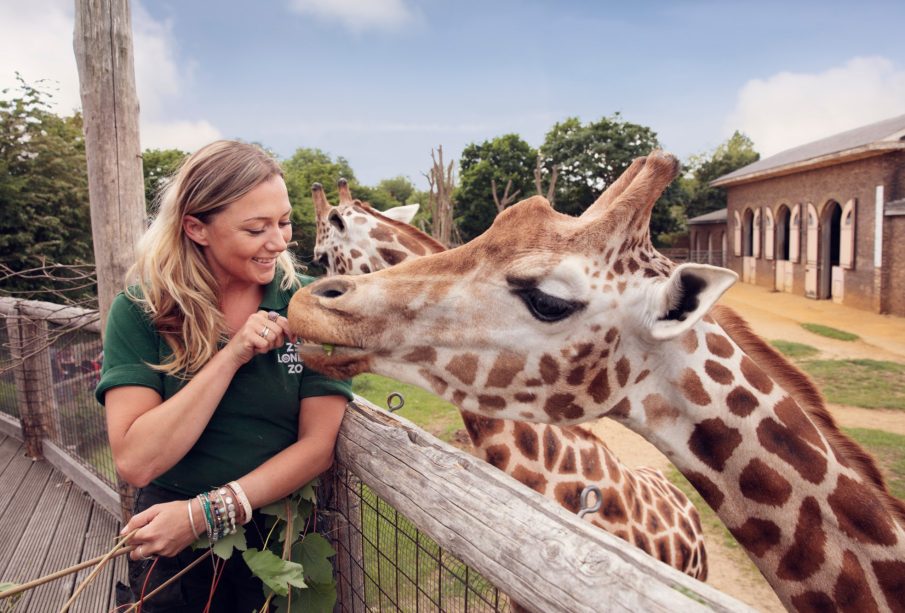The Importance of London Zoo in Animal Conservation

Introduction
London Zoo, established in 1828, is one of the world’s oldest zoos and plays a crucial role in wildlife conservation and education. With more than 750 species, it not only attracts millions of visitors but also serves as a sanctuary for endangered animals. Its relevance today is underscored by ongoing global conversations about biodiversity loss and climate change, making it a vital institution for both conservation and public engagement.
Recent Developments
In 2023, London Zoo launched several new initiatives aimed at enhancing its conservation efforts. The ‘Wildlife Warriors’ programme has been particularly noteworthy, focusing on educating young visitors about endangered species and the threats they face. School groups have been actively participating in workshops where they learn about animal care and the importance of biodiversity.
Additionally, the zoo has recently opened a new exhibition area dedicated to amphibians, which are among the most endangered species globally. This development aims to raise awareness about the plight of frogs, toads, and salamanders. The new ‘Amphibian Ark’ not only provides a safe space for these creatures but also involves breeding programmes aiming to reintroduce them into their natural habitats.
Community and Global Impact
London Zoo is also engaging with the local community through outreach programmes. The ‘Adopt an Animal’ initiative allows individuals and families to support specific animals financially, contributing to their care and the zoo’s ongoing educational projects.
On a global scale, the zoo collaborates with various conservation organisations to support habitat restoration projects and anti-poaching efforts in different regions. For example, its partnership with the ‘Conservation Programme of the Year’ project focuses on preserving wild populations of iconic species such as Asian elephants and African rhinos.
Conclusion
London Zoo remains an essential hub for understanding wildlife and the urgent need for conservation efforts. As climate change and habitat destruction continue to threaten biodiversity, the zoo’s educational and conservation programmes are more significant than ever. With its focus on community engagement and international collaboration, London Zoo not only enriches the lives of its visitors but also contributes substantially to global wildlife preservation efforts. Looking forward, continued support and innovation will be key in enhancing its role as a leader in conservation.









